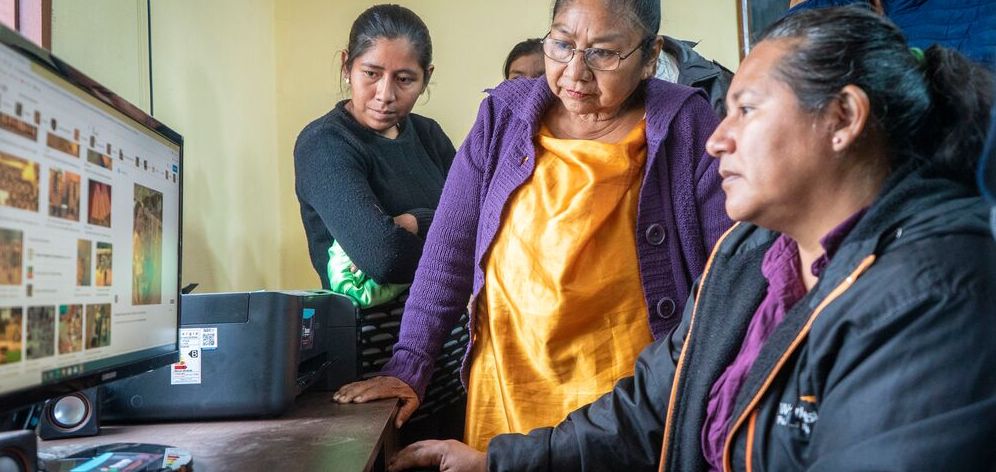If any two people across the world from each other access the Internet at the same time, will they experience the same thing?
To answer this question, some people may point out that people in China experience something much different than the rest of the world because of content filtering and the Great Firewall. Others may point out Internet restrictions in Venezuela and Cuba. Some could mention countries from the Middle East and North Africa region or parts of India where governments frequently shut down the Internet.
We believe that the Internet is for everyone, but we must acknowledge that the vision of a globally connected Internet has started to change. Policy and commercial decisions have begun to fragment the Internet, slowly breaking it. These changes create different user experiences and virtually create different internets because, ultimately, experience defines (creates) reality. And what you can access, see, read, listen to, and use—what the Internet is to you—depends on who you are, where you live, and how much you can pay for it.
Why Is the Internet Different Around the World?
You may experience a different Internet depending on your country due to the process that is dismantling our global Internet, which is called fragmentation. It’s a slow, multi-flavored, multi-causal process resulting from policies and commercial decisions that affect the Internet as it was initially designed—what we call “The Internet Way of Networking.” Depending on where you are, the cause for Internet fragmentation may be different, as there are numerous fragmentation threats globally.
Regional DNS Resolvers
The Domain Name System (DNS) is the phonebook of the Internet, helping us quickly and easily connect with the website or app we’re looking for. A policy suggestion called DNS4EU in the European Union may have some benefits concerning DNS that fits European regulations and expectations, filtering things like spyware or malware. However, if the use of the resolver were to be made mandatory, this would present a significant threat of fragmentation. European Internet users would risk facing a filtered version of the DNS and the Internet-according-to-DNS4EU.
Zero-rated content
Some telecom operators and Internet Service Providers (ISPs) offer their customers a deal where specific content is not counted against their data plan. For example, they offer unlimited access to certain apps, streaming services, or messaging platforms for no extra cost.
This is referred to as a zero-rated Internet service. It’s often framed as a customer benefit and is part of how they compete with other providers. While it is advertised as offering efficient costs and improved access, zero-rated services often result from commercial alliances between large platforms and telecom operators. The practice raises concerns about net neutrality and competition. It also increases the risk that service providers will disproportionately shape users’ preferences and opinions.
Sender Party Pays
As an Internet user, you are connected to the Internet because you pay your ISP for access and data. Your payments enable them to pay their operating costs. Essentially, your payment gets you access to the entire Internet. But, some ISPs argue that big social media and streaming companies create more traffic than other services over the Internet. They claim these services use data resources disproportionately and “catch a free ride” on network infrastructure provided by ISPs to earn their profits.
In a policy proposal called sender party pays (or cost sharing, or fair share), ISPs want these companies to pay for the data they “cause.” While none of these arguments hold true, these higher costs will undoubtedly be passed on to users if implemented. If the ISP and the content provider don’t negotiate and arrive at an agreement, you might lose access to that service or end up with slower, less reliable performance. This would undermine net neutrality and turn the Internet into a “network of contracts.”
Each of these Internet fragmentation threats has its own regional or local particularities, but—even when done with the best intentions—they all lead to one outcome: a diminished Internet for all. In other words, an Internet that is not the Internet.
That’s why we need to understand these threats, identify them, flag them, and fight them. The Internet is the people’s medium—our medium. It is so beneficial because no single person or entity controls it. Anyone can choose to connect to the Internet, and the network grows and adapts to fit our needs. Everyone’s experience of it should be the same no matter who we are or where we are because we are all connecting to the same unified, global, seamless Internet.
How does fragmentation impact your Internet experience? Explore the different threats to the Internet and see if the Internet is fragmented where you live.
Image © Gustavo Castellanos Echazú

